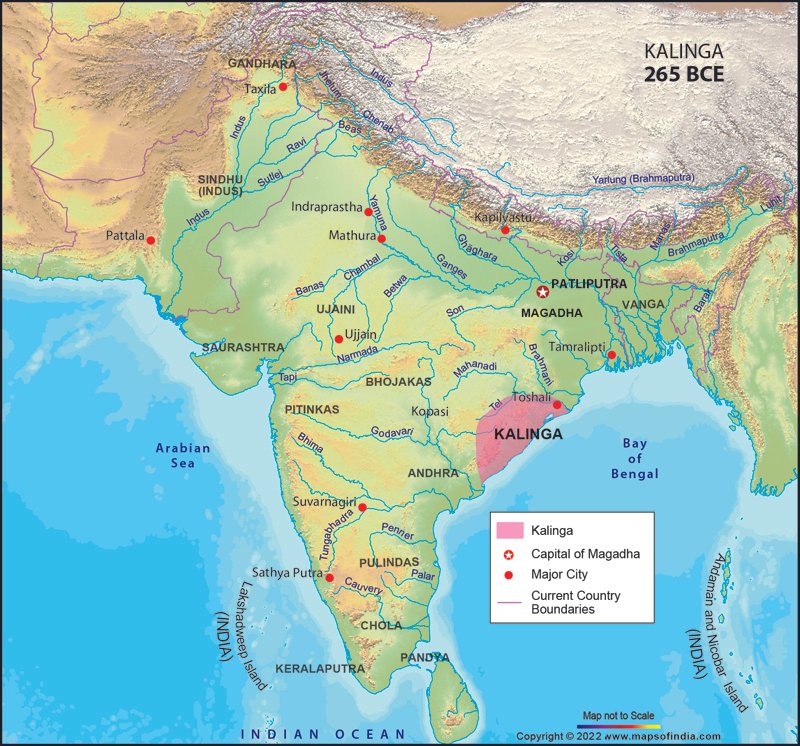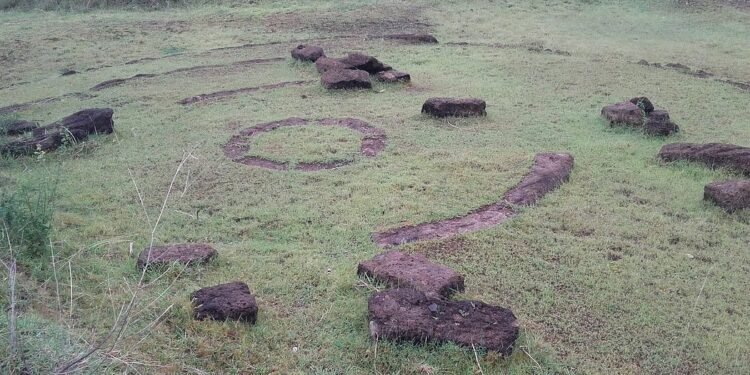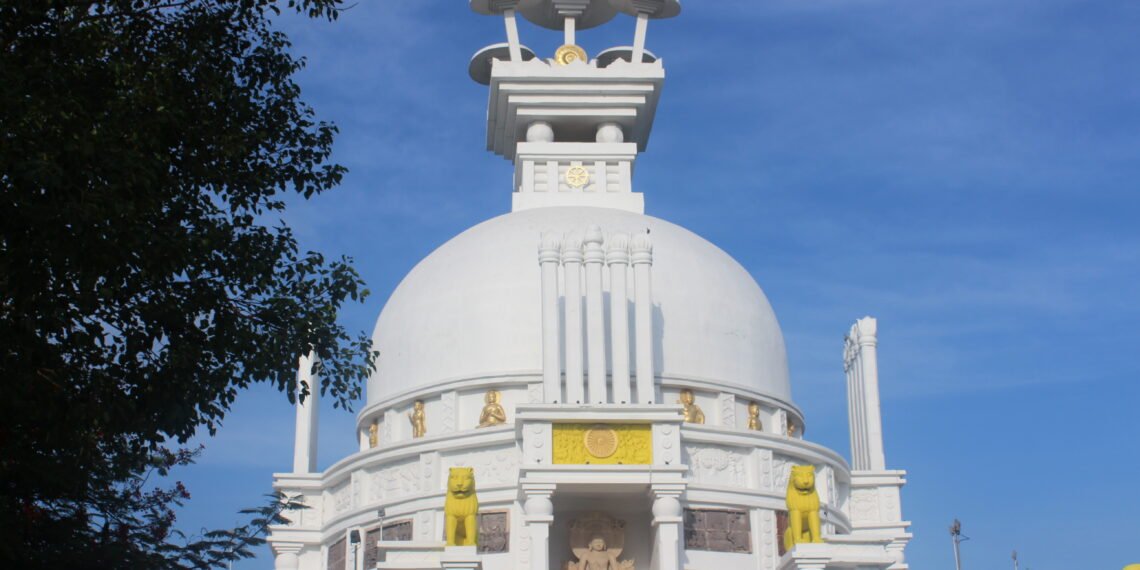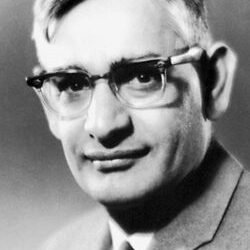Introduction
The Kalinga War (c. 262–261 BCE) was the last major campaign of Ashoka Maurya, ending in conquest but provoking a moral crisis that redirected imperial policy from digvijaya (military conquest) to dhamma‑vijaya (moral conquest) as proclaimed in his rock edicts.

Where and why it happened
Kalinga encompassed the coastal‑inland belt of present‑day Odisha, with administrative centers such as Tosali, strategically astride east coast routes and river corridors like the Mahanadi–Daya system; the region’s autonomy and location made it a logical target of Mauryan consolidation after earlier western and northern gains. Dhauli on the Daya’s bank and Jaugada in Ganjam preserve Ashokan inscriptions tailored to Kalinga, underlining the war’s locale and its administrative aftermath.
What the edicts record
Casualties and remorse: Major Rock Edict XIII states that one hundred and fifty thousand people were deported, one hundred thousand slain, and “many times that number” perished, a reckoning that led Ashoka to public remorse and to elevate dhamma over the “sound of the war‑drum.”
Outreach and limits: The same edict names contemporary Hellenistic rulers, signaling a turn to moral diplomacy, while asserting continued royal duty to maintain order and admonish recalcitrant “forest people.”
Kalinga‑specific edicts
At Dhauli and Jaugada, Ashoka replaced standard MR Edicts XI–XIII with two Kalinga edicts that instruct officers to administer with compassion, proclaim subjects as the king’s “children,” and reassure populations on the unconquered borders—textual proof of a governance reset in the war zone. The selective omission and substitution reflect Ashoka’s habit of adapting proclamations to local contexts and space, as he notes elsewhere about varying the engraving of edicts.
Aftermath on governance
Dhamma administration: Post‑Kalinga, Ashoka institutionalized Dhamma‑mahamatras, empowered Rajjukas and provincial officers to tour, hear grievances, and implement welfare measures like medical care, wells, and planting of herbs and trees.
Restraint, not abdication: While disavowing aggressive war, he retained the army, formalized clemency (occasional prisoner releases), restricted animal slaughter, and framed rulership as paternal care backed by lawful coercion.
Geography of memory
Dhauli’s edicts at the Daya’s bank—long identified with the battlefield—and Jaugada’s rock texts in southern Odisha anchor a commemorative landscape where moral exhortation replaced triumphal boasts, unique among ancient imperial victories. These sites, along with Kalinga references in edicts and provincial arrangements, mark the integration of Odisha into the Mauryan communication network.
Debates and interpretations
Scale and decisiveness: MR XIII’s figures establish mass suffering; some modern essays argue for partial conquest or prolonged resistance in Kalinga based on the tone of local edicts, but mainstream readings accept incorporation into the empire with heightened sensitivity to local pacification.
Conversion chronology: Edicts attest to remorse and policy changes soon after the war, while later chronicles elaborate Buddhist affiliations; historians caution to privilege inscriptional evidence for sequencing.
Why the war mattered
Policy pivot: The war catalyzed a shift from territorial glory to ethical statecraft—publicly communicated in vernaculars, institutionalized through officers, and measured in welfare and pluralism rather than plunder.
Soft power template: By naming Hellenistic kings in MR XIII while renouncing aggressive conquest, Ashoka positioned dhamma as a diplomatic idiom that could travel beyond borders.
Enduring symbols: Kalinga’s trauma is inseparable from the later pillars, stupas, and edicts that turned imperial messaging into moral pedagogy across the routes linking Odisha to the Gangetic core.

Shanti Stupa, Dhauli hill is presumed to be the area where the Kalinga War was fought | Source: Wikipedia
High‑yield anchors
Dates: c. 262–261 BCE; MR XIII issued around the 14th regnal year.
Sites: Dhauli (Daya riverbank near Bhubaneswar), Jaugada (Ganjam), Tosali (Odisha’s ancient center).
Texts: MR XIII for casualties and remorse; Kalinga Edicts for compassionate administration and border reassurances.
Conclusion
The Kalinga War was a military success that Ashoka deliberately recast as a moral lesson—substituting conquest’s boast with contrition and administrative compassion, and embedding that turn in stone across the very landscape of war.





